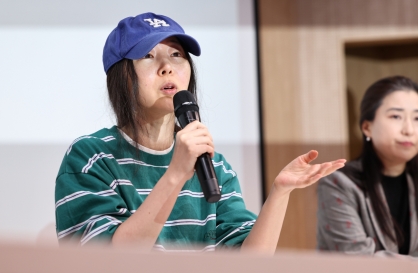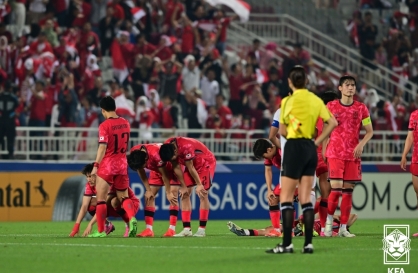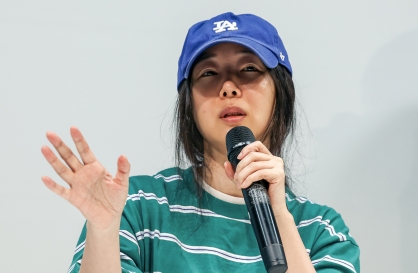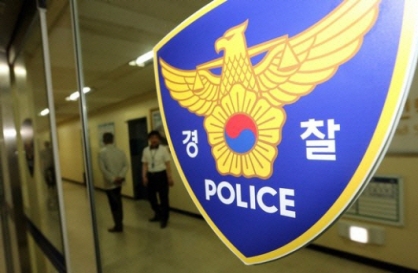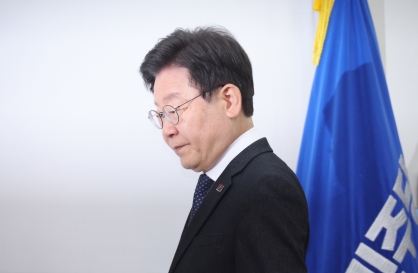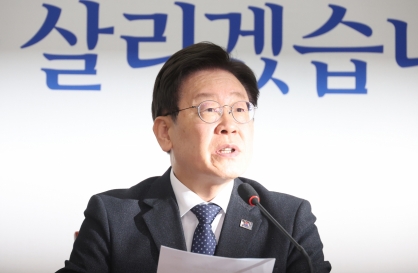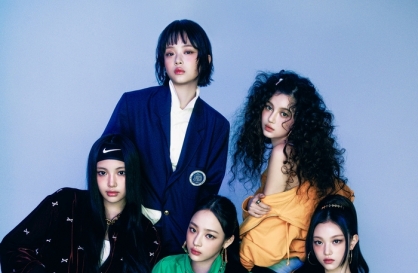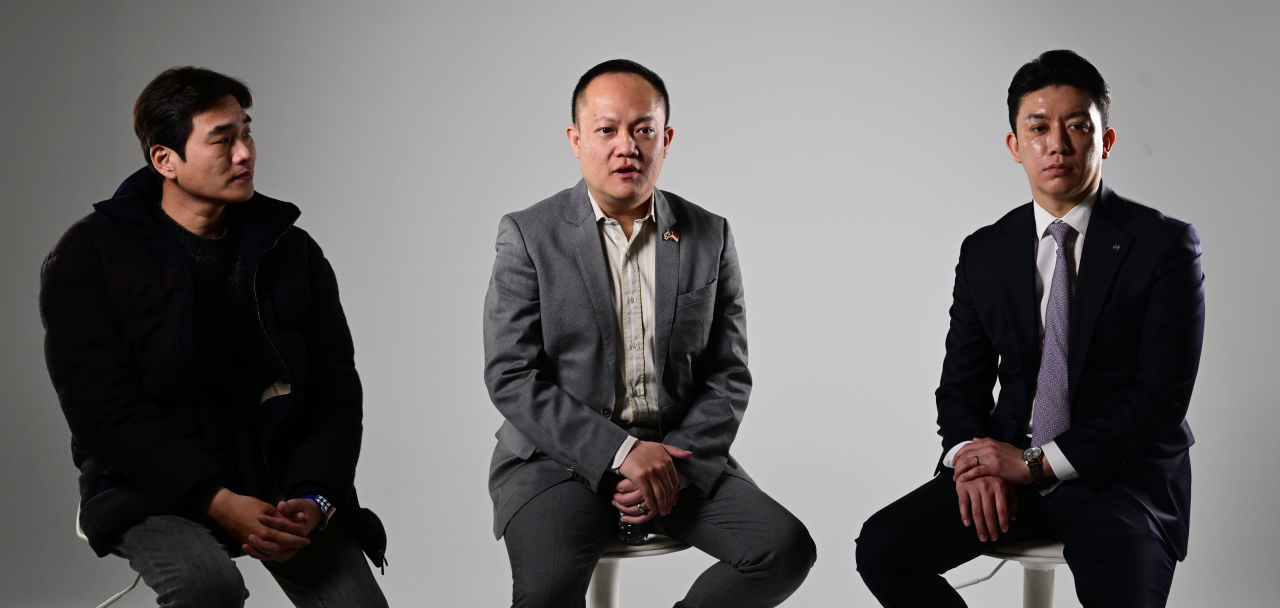 |
Lee Sang-hyun (left), outgoing president of JCI Korea, Felix Soesanto (center), chief of JCI Indonesia, and Choi Min-win (right), the incoming chief to lead JCI Korea in 2024, pose for photos prior to an interview at The Korea Herald’s headquarters in Seoul on Thursday. (Park Hae-mook/The Korea Herald) |
In South Korea, concern over a looming demographic crisis is escalating, as the rapid aging of the population is feared to sap the vitality of what was once a dynamic society.
From an Indonesian perspective, the country has something to offer: its abundant young workforce.
Young leaders of Korea and Indonesia who are part of the nonprofit and nongovernmental organization Junior Chamber International have been exploring such opportunities.
“If Korean companies have problems in hiring new, young employees, maybe we can help because we have a lot of Indonesians looking for jobs,” Felix Soesanto, president of JCI’s Indonesia chapter, during an interview in Seoul last week.
“The minimum salary in Korea is the highest in Asia compared to Japan, Taiwan and China. Many Indonesians want to work in Korea,” he said.
In Indonesia, 52 percent of its 270 million population consist of young people aged between 18 and 39 -- whereas the corresponding figure for Korea is 31.1 percent, and is projected only to drop further.
During the interview, Soesanto was accompanied by the outgoing and incoming chiefs of JCI’s Korea branch. The two branches have engaged in various exchanges and collaborations under a sisterhood pact, the three said.
Founded in the US in 1915, JCI unites, inspires and encourages young people between 18 and 40 years old from all over the world, to grow as leaders and make positive changes in their communities. It currently operates in over 120 countries.
Lee Sang-hyun, the outgoing chief of JCI Korea, shared that his past endeavors to enhance people-to-people exchanges between Korea and Indonesia or other countries have frequently encountered practical obstacles, particularly in the form of visa-related issues.
"South Korea is encountering a shortage in the workforce, especially in provinces. So I attempted to invite JCI members from Indonesia and Vietnam, but the limited visa durations of six months to one year made them hesitant to come to South Korea."
If Korea were to allow work permits of three to five years, there would be more foreign workers wanting to come, which would help alleviate skill shortages in the country, he said.
South Korea offers the E-9 non-professional visa, permitting foreign nationals to live and work here in the manufacturing, construction, agriculture, livestock or fishery industries for up to three years. But despite the three-year duration stipulated by the law, the Korean government in fact often only grants the visas for shorter periods, Lee said.
Choi Min-win, who will take over from Lee as president of JCI Korea in 2024, sees the need for Korea to better understand and embrace Muslim cultures in order to strengthen ties with countries like Indonesia and Malaysia.
“Korean exporters invest significant efforts in learning about Halal requirements to cater to countries like Indonesia and Malaysia. However, Korea currently lacks the necessary infrastructure and Halal-certified restaurants for the benefit of visitors from our country,” he said. "By developing more Halal-friendly infrastructure, we can create greater opportunities for people-to-people exchanges with Indonesia."
Soesanto, who has visited Seoul for more than a dozen times over the past 15 years, expressed his optimism for the deepening relationship between the two nations.
“Every year, the amount of investment from South Korea to Indonesia always increases,” he said. “More and more factories invested in by South Korean companies are being opened in Indonesia.”
Of particular note is the burgeoning trend in the realm of electric vehicles, he said.
South Korea has strength in the manufacturing of electric cars and the advanced batteries to run them, while Indonesia has raw materials and natural resources essential to produce those battery cells, Soesanto said.
“I believe there will be a win-win relationship between South Korea and Indonesia," he said.
Soesanto holds the position of chairperson at Bumi Benowo Sukses Sejahtera, a subsidiary of the Agung Alam Anugrah Group, which is a conglomerate with interests in the real estate and property sector in Indonesia.
As for the friendship between the Indonesian and Korean JCI chapters, he recounted a successful collaboration during the Asia-Pacific conference for JCI held this year in Jakarta. During this event, JCI Indonesia welcomed over 200 delegates from Korea. In response, the JCI Indonesia hosted a “Korean Night” event which drew nearly 5,000 delegates from across the globe.
